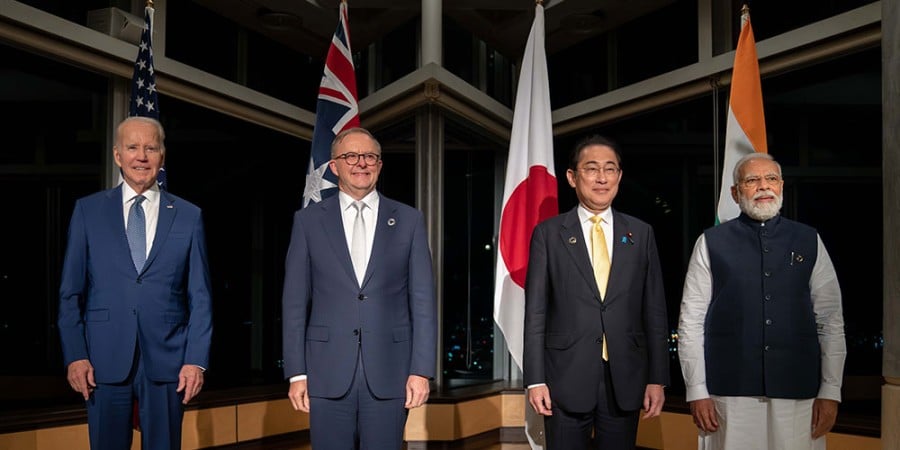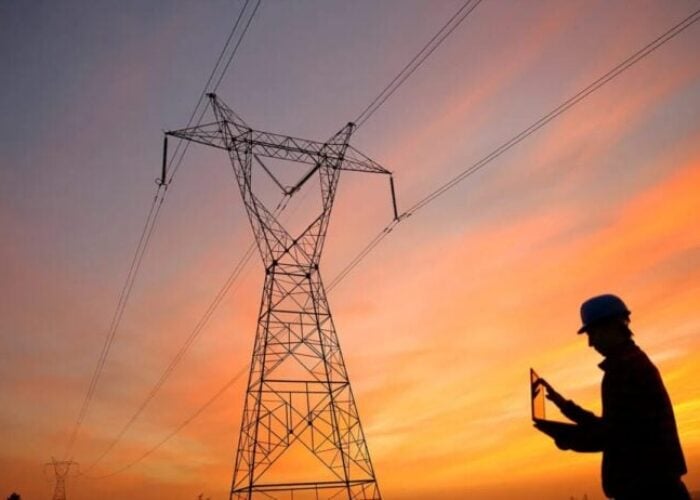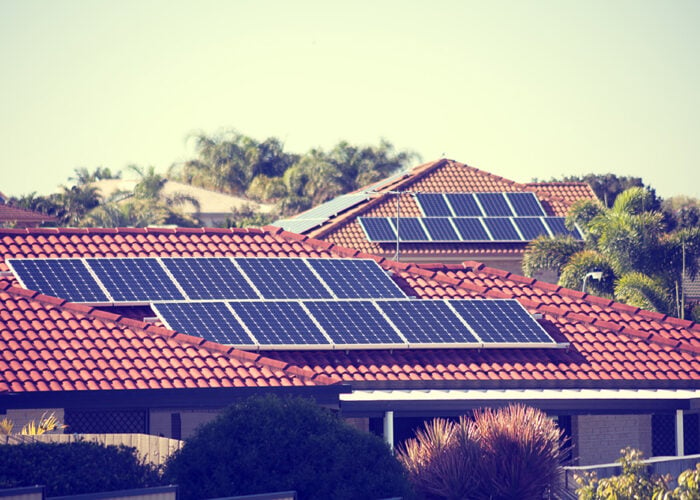
Australia has confirmed that the first round of the Quad Clean Energy Supply Chains Diversification Program will open in November 2024, focusing primarily on solar PV, batteries and electrolysers.
First announced at a Quadrilateral Security Dialogue leaders’ summit in 2023, more commonly known as Quad, this AU$50 million (US$34 million) initiative will provide grants to fund research and development projects and feasibility studies to develop more diverse solar PV, hydrogen electrolyser, and battery supply chains.
Unlock unlimited access for 12 whole months of distinctive global analysis
Photovoltaics International is now included.
- Regular insight and analysis of the industry’s biggest developments
- In-depth interviews with the industry’s leading figures
- Unlimited digital access to the PV Tech Power journal catalogue
- Unlimited digital access to the Photovoltaics International journal catalogue
- Access to more than 1,000 technical papers
- Discounts on Solar Media’s portfolio of events, in-person and virtual
Successful projects must be delivered as collaborative efforts between Australian and Indo-Pacific organisations. Up to AU$25 million is available under this round, with grants ranging from AU$100,000 to AU$2.5 million.
The launch of the first round comes as Quads’ leaders – consisting of the US, India, Japan, and Australia – announced an expansion of their partnership over the weekend (21 September) to help create diversified clean energy supply chains that create new economic opportunities.
In a meeting hosted by President Joe Biden in Delaware, US, the Quad countries announced their intention to boost clean energy partnerships through the Quad Climate Change Adaptation and Mitigation Package (Q-CHAMP), designed to enhance climate and clean energy cooperation in the Indo-Pacific region.
Quad countries commit to supporting solar PV and clean energy developments in Indo-Pacific
The Quad countries have also committed to various developments for the coming years. India, for instance, will invest US$2 million in new solar projects in Fiji, Comoros, Madagascar, and Seychelles. The Indian solar PV sector continues to grow, with the country having recorded a 400% year-on-year growth in Q1 2024, with over 10GW of capacity coming online.
Japan has committed to providing US$122 million in grants and loans for renewable energy projects in Indo-Pacific countries. Meanwhile, the US, through the Development Finance Corporation (DFC), will continue seeking opportunities to mobilise private capital for solar PV, wind, cooling, batteries, and critical minerals to expand and diversify supply chains.
The Quad meeting also discussed other notable developments such as advancing space-related technologies and applications in the Indo-Pacific region, bolstering security efforts against cyberattacks, and maintaining maritime security.
Australian prime minister Anthony Albanese emphasised his support for closer ties with the US to cooperate on climate and clean energy, and that the Australia remains committed to expanding and diversifying critical mineral supply chains.
“We are facing our decades-long alliance to the future, strengthening our economic ties and investing in the security of our shared region. I look forward to meeting with my Quad partners to discuss important challenges facing the Indo-Pacific and strengthening the Quad’s cooperation,” Albanese added.
Australia’s Solar Sunshot and ScaleUp Challenge
Readers of PV Tech will be aware that Australia has a number of initiatives aimed at supporting the development of clean energy supply chains domestically while also contributing to the global economy.
Indeed, the popular Solar Sunshot programme, which launched its first round in August with AU$550 million earmarked for successful applicants, aims to stimulate the development of a domestic Australian module manufacturing industry.
In the context of the Q-CHAMP initiative, this could eventually see Australian-made solar PV modules enter the Indo-Pacific region as a means to diversify the region’s supply chains and reduce the reliance on Chinese modules.
Two funding rounds have been initiated, with a total of AU$550 million available for allocation. Round 1A, with an allocation of AU$500 million, is intended to support innovation in solar PV manufacturing, focusing on modules, inputs to modules, and deployment systems.
Round 1B, on the other hand, will allocate funds from a pool of AU$50 million for solar PV manufacturing studies, including feasibility and engineering studies.
The Australian government also launched a complementary programme, the Solar ScaleUp Challenge in June 2024. Whereas Sunshot focuses on domestic module manufacturing, ScaleUp delves into the deployment of solar modules.







